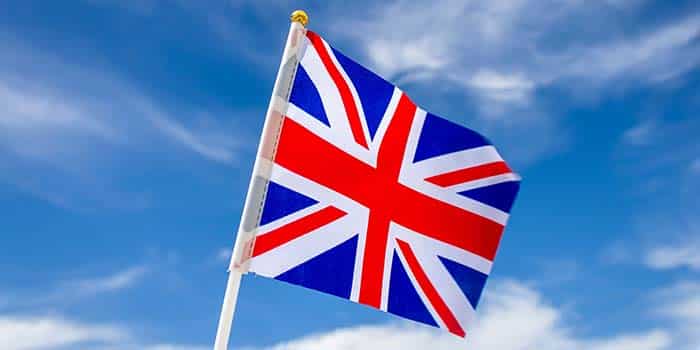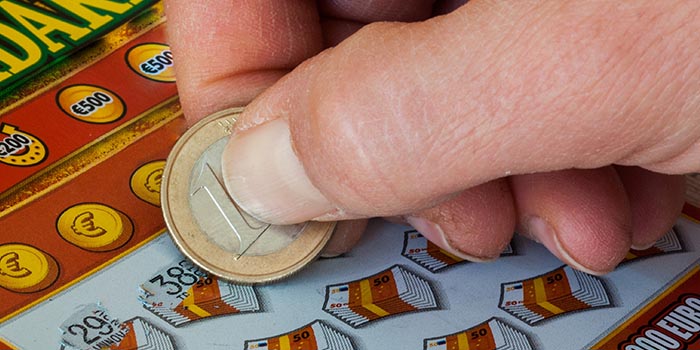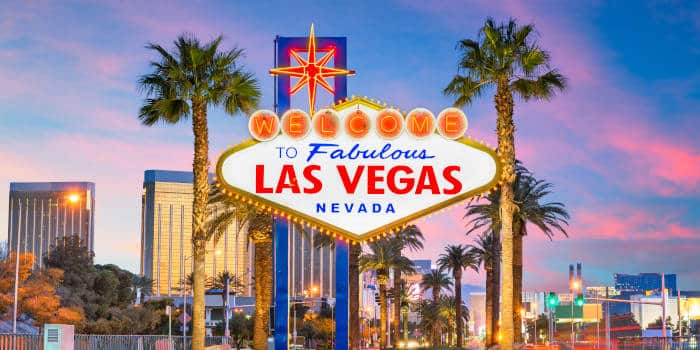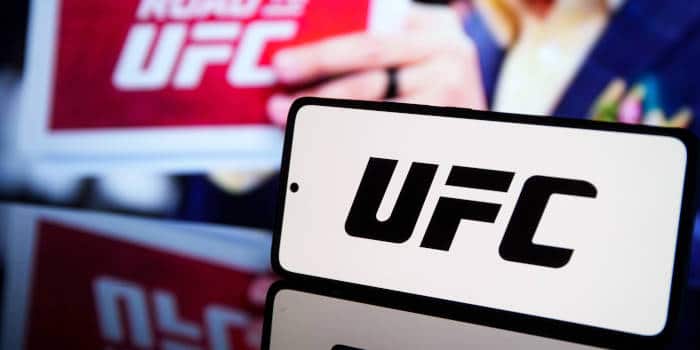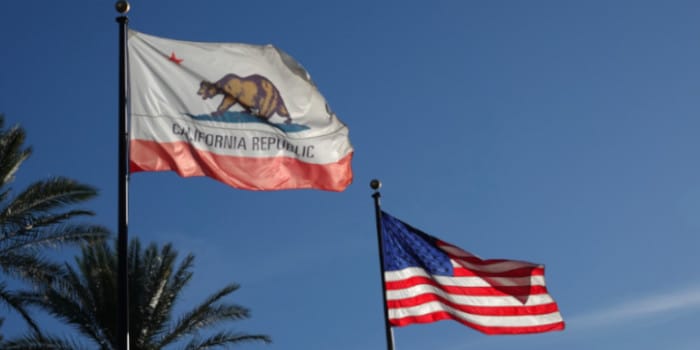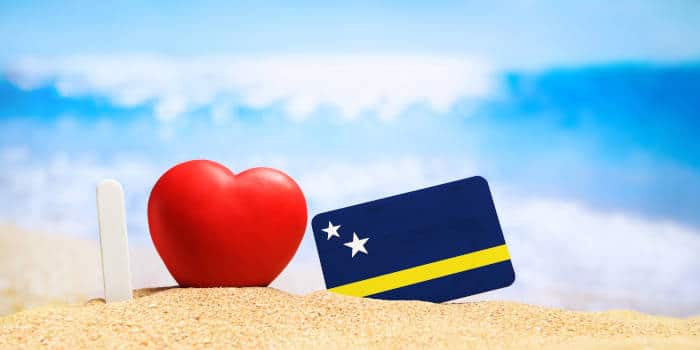- Casino
- By State
- Alabama
- Alaska
- Arizona
- Arkansas
- California
- Colorado
- Connecticut
- Delaware
- Georgia
- Florida
- Hawaii
- Idaho
- Illinois
- Indiana
- Iowa
- Kansas
- Kentucky
- Louisiana
- Maine
- Massachusetts
- Maryland
- Michigan
- Minnesota
- Mississippi
- Missouri
- Montana
- Nebraska
- Nevada
- New Hampshire
- New Jersey
- New Mexico
- New York
- North Carolina
- North Dakota
- Ohio
- Oklahoma
- Oregon
- Pennsylvania
- Rhode Island
- South Carolina
- South Dakota
- Tennessee
- Texas
- Utah
- Vermont
- Virginia
- Washington
- West Virginia
- Wisconsin
- Wyoming
- By State
- Slots
- Poker
- Sports
- Esports
AGA Urges Standardized Gambling Disclaimers Nationwide

Conflicting information in gambling ad disclaimers leads to confusion and lower awareness among problem gamblers, argues America’s largest gambling trade body.
AGA Seeks to Set Higher Gambling Protection Standards in Advertising
The American Gambling Association (AGA) wants regulatory frameworks to do more in addressing the potential harms of gambling and do so by communicating the available help resources more openly and in a manner that makes problem gamblers more confident to seek help. One way to achieve this, according to the AGA’s new pitch, is to ensure that disclaimers about problem gambling are more transparent and allow consumers to quickly lookup resources that pertain to addressing problems brought on by excessive gambling.
Addressing the problem on Tuesday, the AGA urged regulators to come together and work on unified guidelines for national advertising campaigns. In a statement, AGA VP of Government Relations and Gaming Policy Counsel Jessica Feil stressed the importance of problem gambling helplines, describing them as a “vital resource” for those in need of assistance.
“Unfortunately, lengthy lists of state-specific helplines on national advertisements create barriers for those seeking help when we should be making these critical resources easily accessible,” Feil lamented.
Create Standardized Advertising
The executive further explained that creating a one-stop gambling helpline nationally would be the most effective way to protect gamblers who seek help. Feil expressed her skepticism regarding state-based helplines that, while still serving their purpose, could be confusing to people looking for help.
She explained that such fragmentation of how responsible gambling helplines are brought to the attention of those that need them led to confusion and inconsistency, arguing that it resulted in several possible outcomes for the target audience.
Feil said she feared that people were not aware of all the help options available to them because of the unorganized fashion of advertisement. The competing hotline numbers added to the feeling of uncertainty and confusion and undermined trust in viewers and problem gamblers who are statistically not very likely to seek help.
“As gaming expands across the country, it’s imperative that our industry continues protecting all customers. We believe there shouldn’t be obstacles to help for those who need it, and modernization of the helpline system for national advertising is a good place to start,” Feil added.
Most numbers that address such issues begin with 1-800-GAMBLER, but vary from one state to the next. While this may not be confusing in itself, regulatory standards for promoting the full list of helplines, for example, create a lot of unnecessary text that discourages consumers from reading or even following through.
That could be all sorted, says Feil, by bringing advertisement standards under the same roof nationally and creating a single-point access point to all problem gambling helplines wherever players are.
Stoyan holds over 9 years of esports and gambling writing experience under his belt and is specifically knowledgeable about developments within the online scene. He is a great asset to the Gambling News team with his niche expertise and continual focus on providing our readers with articles that have a unique spin which differentiates us from the rest.
Must Read
More Articles





Sports
July 10, 2025
NJ Bans Sportsbook Deals With Public Colleges

Business
July 10, 2025
DoubleDown Acquires Whow Games in €65 Million Deal

Casino
July 10, 2025
Cirsa Shares Hold Steady in Lukewarm Spanish IPO Debut
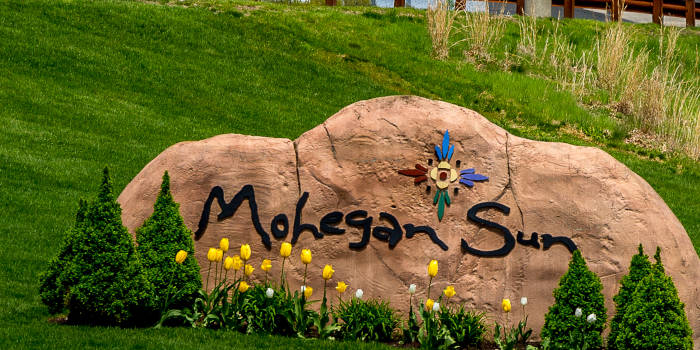
Casino
July 10, 2025
Mohegan Sun Guest Wins $2M Gambling in Spanish 21


